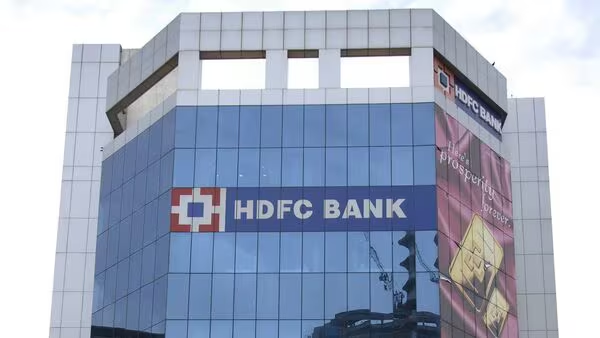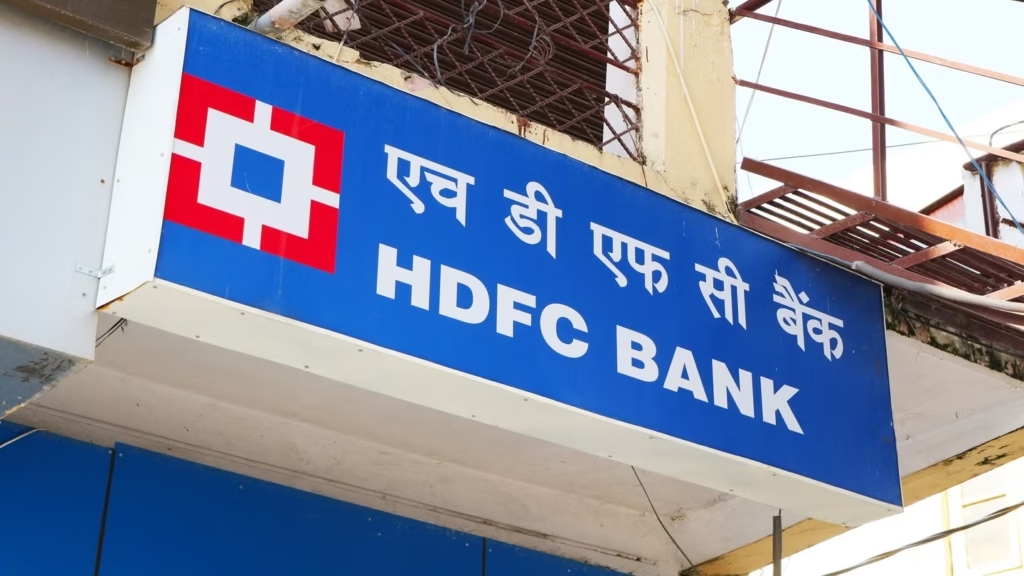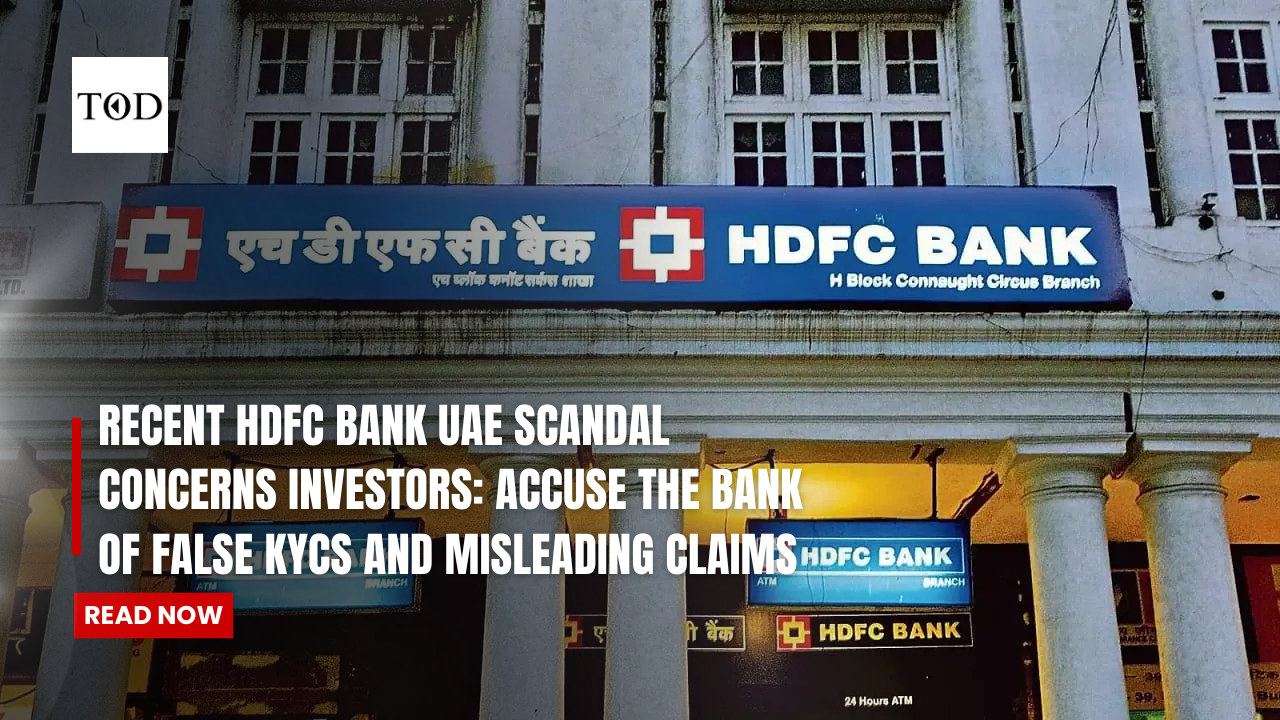June 28, 2025 । Dubai, UAE – India’s largest private banking sector HDFC, based in Mumbai, has been in bad tidings recently due to the HDFC Bank UAE Scandal. The bank is accused of mis-selling high-risk Additional tier-1 (AT1) bonds to retail clients. These bonds, issued by Credit Suisse, are meant to be sold only to professional clients with a net worth of $1 million or high financial risk awareness as per the Dubai Financial Services Authority (DFSA) guidelines.
Many clients are now claiming that they were misled about the bonds advertised as low-risk and fixed-return investments and have now lost a major part of their finances in the HDFC Bank UAE scandal.
Background Of The Case
Credit Suisse AT1 bonds or contingent convertible bonds are high-yield, high-risk instruments used by banks to support their capital base. They are the riskiest type of bonds and rank higher than shares too. During the emergency takeover of Credit Suisse by USB in 2023, the $17 billion was written down to zero, driving the investors to a loss. However, unconventionally, the bondholders were in loss while shareholders received some compensation from USBs.

The HDFC bank UAE scandal involves the bank selling these risky bonds to retail clients with a lower profile than the guidelines. The clients also claim they were not adequately informed of the investment and were allegedly misled into buying the bonds with no understanding of the risks involved.
Other Allegations on HDFC Bank
The HDFC bank UAE scandal also involves other accusations, one of them being the inflation of client profiles. Under DFSA guidelines, AT1 bonds can only be acquired by high-profile professional clients with a net worth higher than $1 million or with deep knowledge of financial investments and the risks involved. The bank allegedly manipulated client profiles to bypass the guidelines by falsifying client data, inflating net worth and manipulating know-your-client (KYC) details.
Another major allegation against the company, expressed as part of HDFC bank UAE scandal, is handling the client operations across different jurisdictions and legal parties. In several cases, investors had interacted and received advice from UAE representative officials and DIFC-based advisors. However, their accounts were opened and managed by HDFC’s full-service branch in Bahrain.

While the operations across different jurisdictions are not uncommon, this raises a red flag because Dubai International Financial Centre (DIFC) operates under its own legal framework separate from the UAE and regulated by DSFA. When several investors lodged complaints, they were found not even registered with the DIFC branch, hence complicating the HDFC bank UAE scandal further.
There are also further claims of HDFC Bank’s Offshore Head in Dubai being replaced discreetly and over 20 resignations noted from the UAE operations amid the controversies. However, the bank denies these and calls them “speculative”.
Grievances Reported By Victims
Several investors and customers have expressed their grievances regarding the HDFC bank UAE scandal and posed grave allegations towards the bank.
Varun Mahajan from Dubai claims that he was sold the bonds with claims of being “low risk.” He trusted his DIFC relationship manager’s advice but ended up losing $300,000. He also claims that his account was falsified to show $2.4 million from his actual $400,000 profile.

Another senior telecom professional from Johannesburg was persuaded into $600,000 in exposure. Despite his inclination towards conservative low-risk investments, he was convinced of AT1 bonds. When the situation collapsed, the bank liquidated all of his fixed deposits to recover the loan amount.
Actions Undertaken Regarding The Case
While the bank claims it has robust processes to communicate the product’s features and risks, an investigation is ongoing.
The DFSA and the UAE central bank are looking into allegations. However, the inquiry is not limited to Dubai as authorities from Bahrain are also getting involved.
Read More: UK-GCC Free Trade Deal Set to Unlock $10.8 Billion Trade Surge














